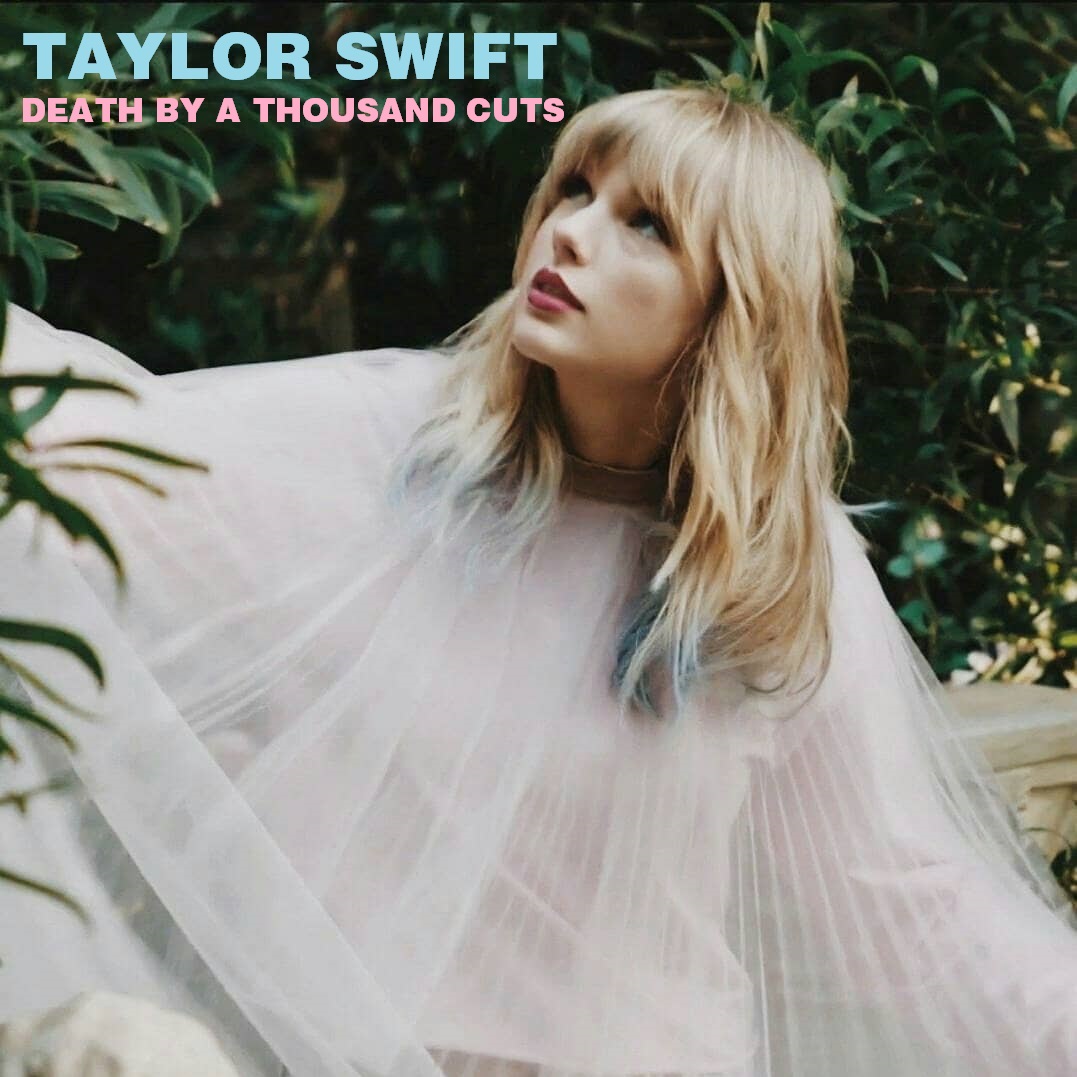

So, one could assume that Swift is writing from her own perspective - but when paired with "August" and "Betty," the eighth and 14th tracks on "Folklore," it becomes clear that Swift is writing from the perspective of a character named Betty. Later, she sings "Marked me like a bloodstain" and "I knew you'd linger like a tattoo kiss." These recall images of "a wine-stained dress" and "a golden tattoo" in 2014's "Clean" and 2017's "Dress," respectively. "Dancin' in your Levi's / Drunk under a streetlight" contain similar details to 2017's "Delicate" ("Dark jeans and your Nikes, look at you)" and 2019's "Cornelia Street" ("The streetlights pointed in an arrowhead leading us home"). She also buries subtle references to past love songs in the chorus. In the first verse, Swift references her own past eras with the line, "Sequined smile, black lipstick." Early in her career, Swift was known for wearing sequins on her "Reputation" album cover, she wore black lipstick.

On its own, "Cardigan" simply describes a star-crossed relationship that saw some hard times, but ultimately resulted in hope and comfort for the speaker. "These 3 signs explore a love triangle from all 3 people's perspectives at different times in their lives." "There's a collection of 3 songs I refer to as the Teenage Love Triangle," Swift teased before the album's release. "Cardigan," the album's only song with a music video so far, appears to be the first in a three-song narrative on "Folklore." Taylor Swift released her music video for "Cardigan" on July 24, 2020. The second verse of "The 1" ("You know the greatest loves of all time are over now") also appears to reference "Death By A Thousand Cuts," the 10th track on "Lover" and another exploration of lost love ("You said it was a great love, one for the ages / But if the story's over, why am I still writing pages?"). This reimagines a line from "Me!" - the lead single from Swift's 2019 album "Lover" - in which she sings, "I know that I went psycho on the phone / I never leave well enough alone."

The chorus of "The 1" also contains the lyric "In my defense, I have none / For never leaving well enough alone." The titular character, who spends most of his time throwing extravagant parties at his New York mansion, eventually dies in his own pool. Scott Fitzgerald's famous novel, which condemns the wealth and excess of the 1920s (also known as "the roaring 20s"). This verse references "The Great Gatsby," F. "And there are no rules when you show up here / Bass beat rattling the chandelier / Feeling so Gatsby for that whole year." "It was so nice throwing big parties / Jump into the pool from the balcony / Everyone swimming in a champagne sea," Swift sings. "Roaring twenties, tossing pennies in the pool" feels like a callback to "This Is Why We Can't Have Nice Things," the 13th track on her 2017 album "Reputation." The chorus of "The 1" appears to reference two different songs from Swift's discography. There's a little bit of her sense of humor in there, in addition to this kind of sadness that exists both underneath and on the surface."ĭessner's interpretation seems to confirm that - despite fans' initial fears about the status of Swift's relationship with Joe Alwyn - "Folklore" is not an autobiographical breakup album.Īlthough "Folklore" does contain many breakup songs, the album's wistful tone and tragic themes seem largely derived from fictional characters and storytelling techniques, with Swift perhaps drawing inspiration from past relationships. "There's an emotional wryness and rawness, while also to this kind of wink in her eyes. It's written from another friend's perspective," Dessner told Vulture. "It's clear that 'The 1' is not written from her perspective. The album opener is one of 11 songs co-written and produced by The National's Aaron Dessner. Aaron Dessner, left, performs with The National in 2019 and Swift, right, performs at the 2019 MTV VMAs.īrian Rasic/WireImage / John Shearer/Getty Images


 0 kommentar(er)
0 kommentar(er)
